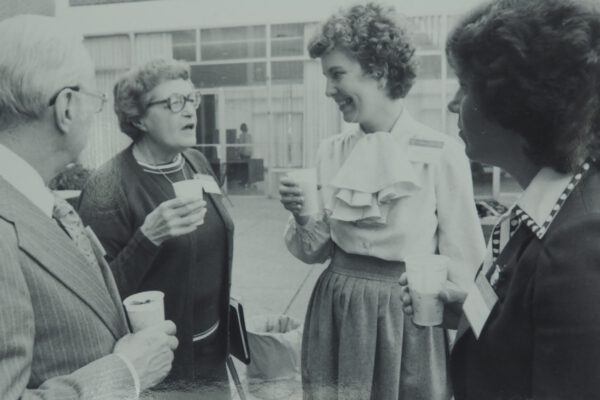Advancing Women Leaders in the New Political Environment
By Sook-Yi Yong
“The role of [a] college president is to be a bridge builder.” This statement by President Yves Salomon-Fernandez of Cumberland County College in New Jersey, made during a session about advancing women’s leadership that focused on the current political climate on campuses, elaborates the need to bring everyone together to work in the best interests of our nation.
The members of the panel, which along with Salomon-Fernandez included Margaret Drugovich, president of Hartford College (CT), and Michelle Howard-Vital, executive vice president and provost of Florida Memorial University, shared their individual experiences as women leaders and provided insights on how we can collectively move the needle to advance women in leadership.
Tension on campus is high, with frequent post-election marches, vigils and debates. This tension creates anxiety for some, as well as an expectation of possible aggression. Some advice from the panel for dealing with this tension included recognizing the importance of creating a civil discourse in order to learn about each other and promoting inclusive excellence. Being intentional about the agenda, providing opportunities for staff, faculty and students to collaborate with one another, and continuing to have dialogues to promote tolerance all need to happen from the micro to macro level in order to be effective.
The panel discussed the challenges and expectations of women leaders in comparison to their male counterparts. Stereotypes are especially harmful to women. Women leaders have to prove themselves more than male leaders. There is a need to address these stereotypes and change the way we perceive women leaders, and to acknowledge that biases exist, in order for us to advance. Drugovich cited a research study that reported “women leaders are [perceived as] too soft, too strong, and never just right.” It is crucial for women leaders to learn how to balance being their authentic selves and doing what is most effective for social equity and the mobility of the community.
Moving the needle will require a collaborative effort in which we continue to have this type of conversation at both the local and national levels. We should be encouraged by the level of mobilization in the marches that have been held, where we see people of all genders, colors and sexual orientations stepping up to say, “This is not right.” It is through this multigenerational tapestry, this mosaic, as Salomon-Fernandez so eloquently said, that we can change the trajectory.
There are many teachable moments in our current political climate. We may be uncomfortable, but we are hopeful.
If you have any questions or comments about this blog post, please contact us.
